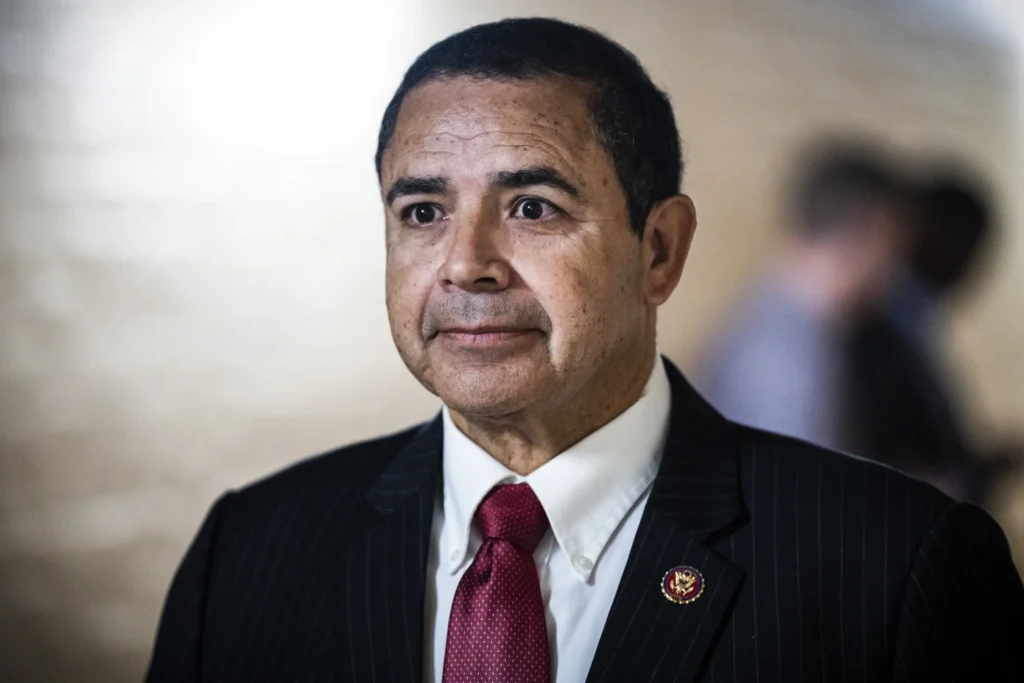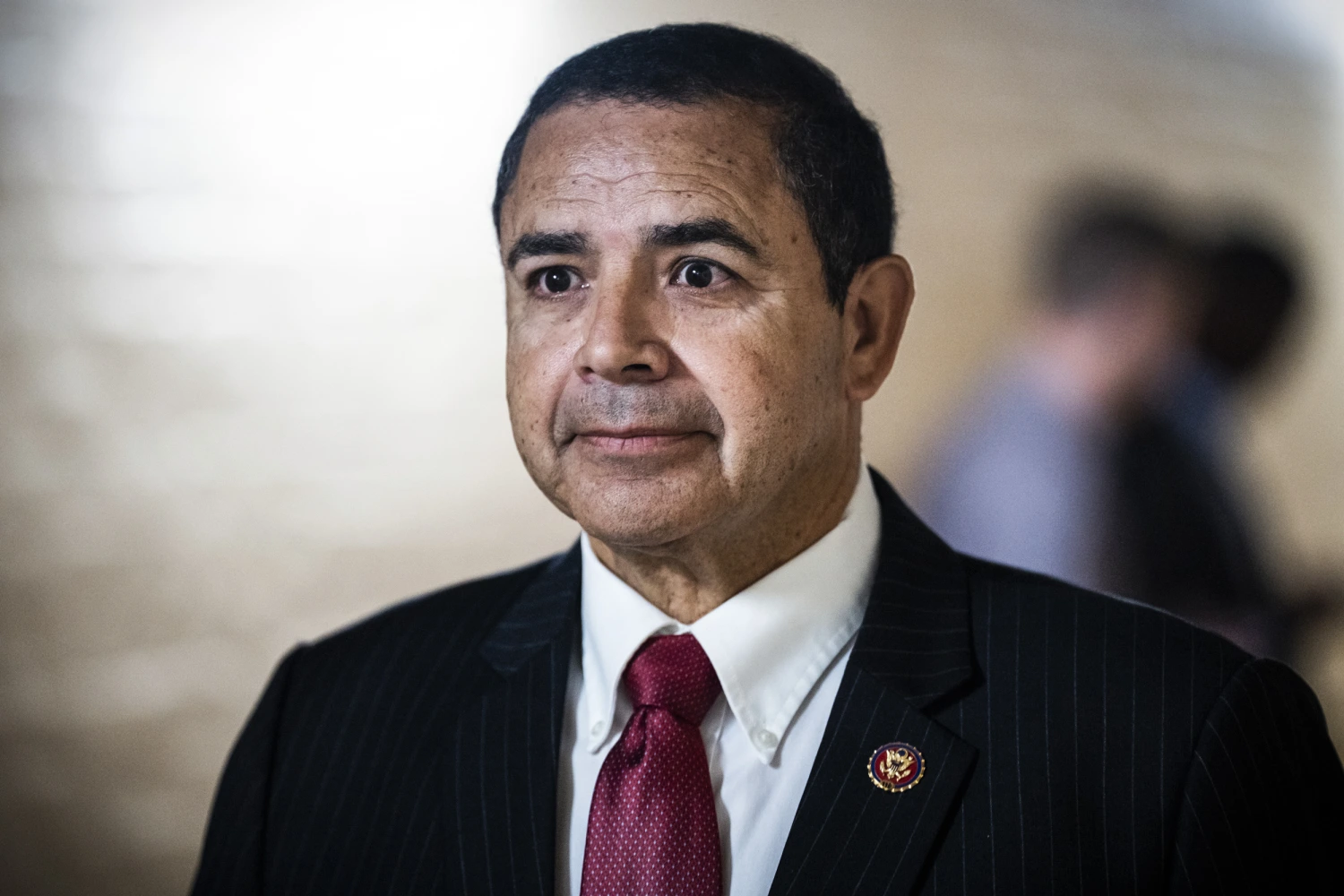Henry Cuellar indictment, bribery charges, foreign influence, corruption scandal, Justice Department indictment, Congressman Henry Cuellar, Imelda Cuellar, political corruption, ethics in government, congressional bribery case
Explore the shocking indictment of Texas Representative Henry Cuellar and his wife on bribery and foreign influence charges, highlighting the complexities of political corruption and its impact on American democracy.

The corridors of power in Washington, D.C., often echo with tales of intrigue and scandal. Recently, one such story has emerged that has sent shockwaves through the political landscape. Texas Representative Henry Cuellar and his wife, Imelda, have been indicted on charges of bribery and money laundering, marking a significant moment in the ongoing battle against corruption in government.
The allegations against the Cuellars paint a troubling picture of illicit dealings with foreign entities, raising serious questions about the integrity of elected officials and the influence of outside interests on American policymaking. The case has not only thrust the congressman into legal jeopardy but has also reignited discussions about ethics, transparency, and accountability in Congress.
The indictment, released by the Justice Department, accuses the Cuellars of accepting approximately $600,000 in bribes from a bank in Mexico and an oil and gas company linked to Azerbaijan. These payments, allegedly funneled through a network of front companies and middlemen, were disguised as consulting fees but, according to prosecutors, were intended to influence Rep. Cuellar’s official actions.
Central to the charges is the accusation that Cuellar leveraged his position to advance the interests of these foreign entities, compromising his duty to represent the constituents of South Texas. The indictment outlines a pattern of quid pro quo arrangements, where the congressman allegedly agreed to use his office to shape U.S. foreign policy in favor of Azerbaijan and to influence legislative activities beneficial to the Mexican bank.
The severity of the charges cannot be understated. The Cuellars face multiple counts, including conspiracy to commit bribery, money laundering, wire fraud, and violating the ban on public officials acting as agents of foreign principals. If convicted, they could be looking at significant prison sentences, marking a stunning downfall for a longtime political figure.
In response to the indictment, Rep. Cuellar has vehemently denied any wrongdoing, asserting his innocence and emphasizing his commitment to serving his constituents. He has portrayed the allegations as politically motivated, pointing to the timing of the charges just months before a crucial election. Cuellar’s defense team has criticized the government’s actions, accusing prosecutors of tainting the electoral process.
The fallout from these allegations extends beyond legal ramifications. Cuellar’s position as the top Democrat on the House Appropriations subcommittee overseeing the Department of Homeland Security has been temporarily relinquished, pending the outcome of the case. This development underscores the broader implications of corruption within Congress, where even influential committee roles are not immune to scrutiny.
The Cuellar case also highlights broader systemic issues within American politics. The intertwining of money, power, and influence has long been a concern, with critics arguing that the revolving door between government and special interests undermines democratic principles. Instances of corruption, while not new, continue to erode public trust and fuel calls for greater transparency and accountability.
Moreover, the timing of these charges, coming on the heels of other high-profile corruption cases involving lawmakers, further underscores the need for ethical reform. The comparison to cases like that of former Senator Bob Menendez serves as a stark reminder of the persistent challenges facing Congress in upholding ethical standards.
Beyond the legal intricacies of the case, there are broader implications for the Democratic Party and its messaging on ethics and integrity. Cuellar’s indictment has sparked internal divisions, with calls for his resignation coming from within his own party. Representative Dean Phillips’ statement urging indicted officials to step down reflects a growing sentiment among some Democrats who see ethical lapses as a liability.
The Cuellar case also raises questions about the effectiveness of congressional oversight and the role of ethics committees in policing members’ conduct. While Cuellar claims to have sought guidance from the House Ethics Committee, the indictment suggests a significant lapse in ethical judgment, if proven true.
Looking ahead, the outcome of the Cuellar case will have ripple effects on the political landscape. If he chooses to continue his reelection bid, it will be a test of public perception and electoral dynamics. The spotlight on corruption in Congress, amplified by cases like Cuellar’s, could influence voter attitudes and shape future policy debates.
In conclusion, the indictment of Rep. Henry Cuellar and his wife on bribery and foreign influence charges represents a critical moment in the ongoing battle against political corruption. The case underscores the need for robust ethical standards, transparency in government, and accountability for elected officials. As the legal proceedings unfold, the Cuellar case will continue to draw attention to the complex intersection of power, money, and influence in American politics.
Read More-
